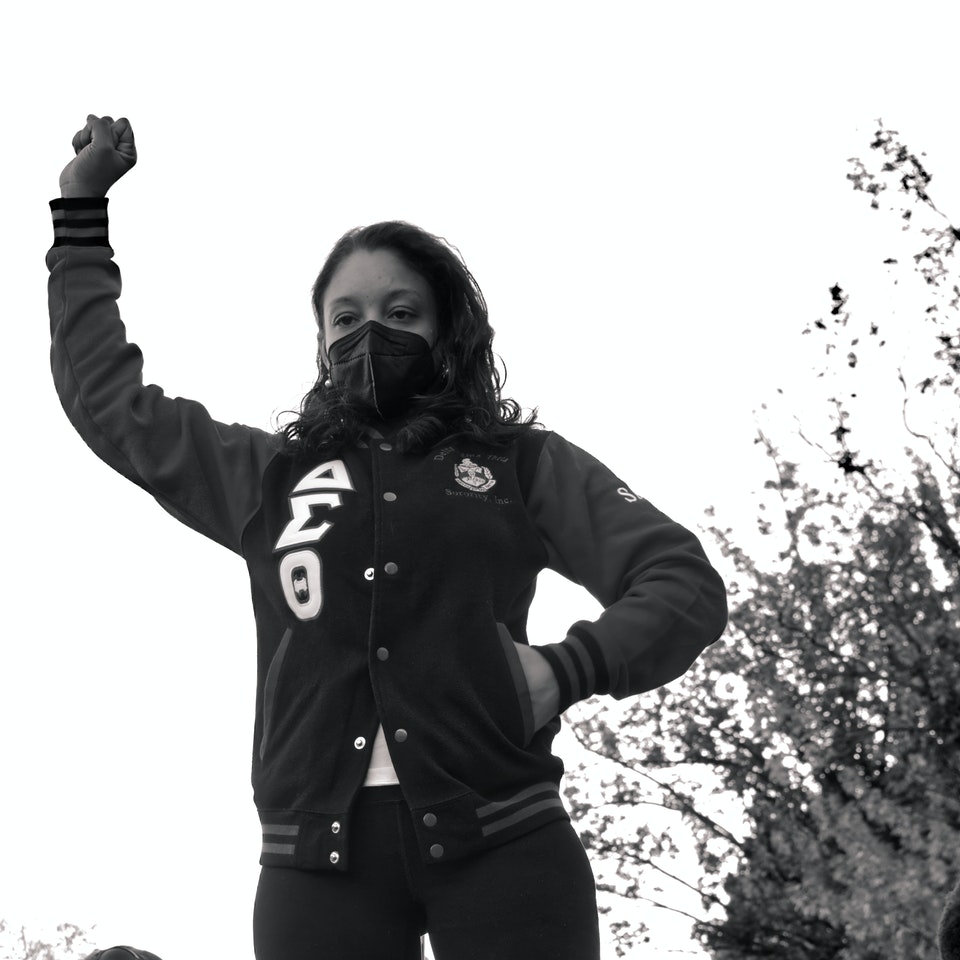By Priscilla Wiredu
Posted on September 10, 2021

Viola Desmond, a Black Canadian woman who fought for justice by fighting for her right to sit in a movie theatre, created significant change in Canadian History. Her legacy was honoured and she was made the face of the Canadian $10 bill in 2019. She is an inspiration for Black Canadians everywhere. By entrenching her in Canadian currency, we are giving people an everyday reminder of those who fought for their rights to be recognized as human and receive equal treatment in society. Decades later, Desmond and her bravery are not forgotten and her being the face of the $10 bill will ensure she won’t ever be forgotten.
Early life
Viola Desmond was born into a large family in Halifax, with 10 siblings. She was of high social status within the Black community because her parents came from middle class families. Her mother, Gwendolin Irene Davis, was the daughter of a white minister and his Black wife. The circumstances regarding her parent’s race was not taken lightly since interracial marriage was rare in Canada at that time. Regardless, Desmond’s family was accepted into the Black community and were prominent members of multiple community organizations.
Desmond dreamed of becoming an independent businesswoman and had a short career as a teacher in 2 racially segregated schools for Black students. She studied at a beauty school in Montreal, and was able to open her own hair care company that catered to Black people, called Vi’s Studio of Beauty Culture in Halifax.
The Roseland Theatre incident
One cold night in November 1946, Desmond’s car broke in New Glasgow, Nova Scotia. While waiting for her car to be repaired, she decided to watch a film to pass the time. Desmond went to the Roseland Theatre and bought a ticket for the main floor, but received a balcony ticket instead. She was told to get a proper ticket as it was against company protocol to sell main floor tickets to Black people. Having paid the price for the main floor, Desmond decided to take a seat on the main floor despite what the ticket or employee said.
Her refusal to move and sit in the balcony seats resulted in the police being instructed to viciously remove her from the theatre. Desmond was injured in the interaction and also forced to spend a night in jail.
The trial
Desmond was brought to court and was charged with attempted fraud for refusing to pay an amusement tax from the theatre. She was fined $26 and had no legal representation during these proceedings. Despite race never being mentioned during the trial, Roseland Theatre was known to be a racially segregated theatre, with the manager claiming that it was customary for Black customers to sit together on a balcony. Desmond decided to fight this judgement because she saw this issue as more than an issue about where to sit at the movies, but what spaces Black people were or were not allowed to be in Canada and their equal treatment.
The Black backlash

Desmond’s lawyer enacted a civil suit against Roseland Theatre, stating that the manager had unlawfully removed Desmond from the theatre, entitling her to compensation on grounds of assault, false imprisonment, and malicious prosecution.
The case never made it to trial, so her lawyer asked the Supreme Court of Nova Scotia to have Desmond’s criminal conviction overturned. It was another loss as Justice Maynard Brown Archibald ruled against Desmond in 1947.
However, Desmond’s story gained traction as the Nova Scotia Association for the Advancement of Coloured People (NSAACP) raised funds to help cover Desmond’s legal fees to continue fighting racial segregation. It is widely believed that Desmond’s case launched the fight for Black citizens to be recognized as true citizens in Canada. In 1954, segregation was legally ended in Nova Scotia, with Desmond’s case cited as one of the driving causes.
Significance and legacy
After her death in 1965, Desmond’s fight was never forgotten, and Black citizens have rallied to have her remembered as a pioneer of Black civil rights in Canada. In 2010, Desmond was posthumously pardoned for her criminal conviction by the Lieutenant Governor of Nova Scotia, Mayann Francis. In 2019, she once again made history as the first Canadian woman to be featured on the Canadian $10 bill, as well as appearing on a limited edition Canadian postage stamp. The popularity of this bill granted it the title of best bank note of 2019.
Viola Desmond’s story teaches us to remember how one individual can bring about change not just in a community, but in a country. Desmond, by refusing to sit where Black people are usually seated, challenged racial injustice and inspired many to continue doing so. All she wanted was to be recognized as a human being, and not have her Blackness deny her access to her fundamental human rights.

The late, great Martin Luther King Jr. once said “Injustice anywhere is a threat to justice everywhere.” Throughout Canadian history, Black individuals have fought and resisted against injustice, and the strife they’ve faced should never be forgotten. Their courage and determination should always be honoured and remembered, it is the least Canada can do.
Priscilla Wiredu is a writer for this year’s Black Voice project. An alumni of York University, she graduated with Honors where she studied Social Sciences. She then went on to get an Ontario Graduate certificate in Creative Writing from the Humber School for Writers, and a college certificate in Legal Office Administration at Seneca College. She is currently studying for the LSAT in hopes of going to law school. Her main goal as a Black Voices writer is to ensure Black issues and Black Pride are enunciated through her works.

